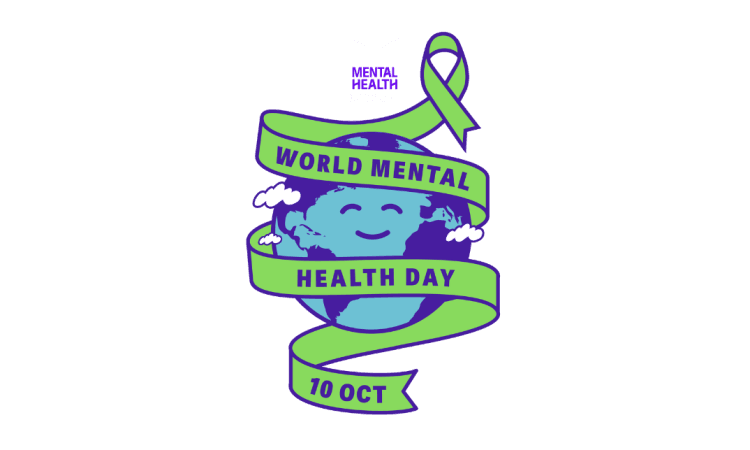
Every year on October 10th, the world pauses to observe World Mental Health Day (WMHD). More than just a date on the calendar, it is a crucial day for global advocacy, education, and collective action aimed at promoting mental well-being and tackling the pervasive stigma that still surrounds mental health challenges. It’s a powerful opportunity for us all to reflect on our own mental health and the health of those around us.
The importance of this day, championed by organisations like the Mental Health Foundation in the UK, is simple: mental health is just as vital as physical health. It affects how we think, feel, and act, and it influences how we handle stress, relate to others, and make choices.
Breaking Down the Walls of Stigma
A significant focus of World Mental Health Day is breaking down the barriers that prevent people from seeking help. Stigma thrives in silence and often makes individuals feel isolated or ashamed when they are struggling.
By speaking openly, sharing experiences, and educating ourselves, we can create a culture where vulnerability is seen as a strength, not a weakness. When we normalise conversations about anxiety, depression, burnout, or grief, we open the door for earlier intervention, better support, and healthier outcomes for everyone. WMHD serves as a global reminder that mental health issues are common, treatable, and nothing to hide.
Prioritising Your Well-being: Simple Steps
You don’t need a specific crisis to prioritise your mental health. It’s about building small, sustainable habits into your daily life. On World Mental Health Day and every day after, consider these simple actions:
- Move Your Body: Physical activity, even a short walk, is proven to boost mood and reduce stress.
- Connect with Nature: Spending time outdoors—whether in a park or a garden—can significantly reduce feelings of worry.
- Practice Mindfulness: Take a few moments each day to focus on your breath. Mindfulness helps anchor you in the present and reduce the grip of negative thoughts.
- Set Boundaries: Learn to say ‘no’ to commitments that overwhelm you and protect your personal time and space.
- Prioritise Sleep: A consistent sleep schedule is one of the most powerful tools for maintaining good mental health.
The Power of Connection and Community
Mental health is not just an individual issue; it’s a community issue. A strong support network is essential for resilience. World Mental Health Day reminds us to check in with the people we care about—not just with a casual text, but with a genuine inquiry into how they are really doing.
If someone tells you they are struggling, remember the key principle of active listening:
- Listen without judgment: Simply be present and validate their feelings.
- Offer support: Ask what they need, rather than assuming you know the solution.
- Encourage Professional Help: If appropriate, gently guide them towards reputable resources like local GPs, workplace support programmes, or charity helplines.
This October 10th, let’s commit to moving mental health from a footnote to a front-page issue. Let’s make the commitment to talk, to listen, and to foster environments—at home, at work, and in our communities—where mental well-being can truly thrive.
